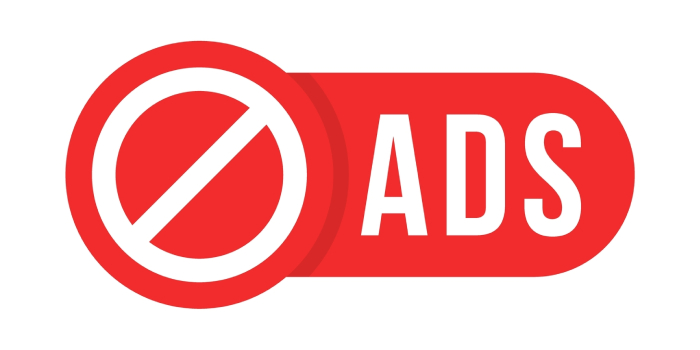The Dutch Association of Mental Health and Addiction Care, commonly referred to as De Nederlandse ggz, is championing a complete prohibition on online gambling advertising. This push stems from mounting concerns about the potential risks posed to young people and individuals susceptible to gambling addiction. The association argues that even limited exposure to gambling marketing can have detrimental effects, normalizing gambling among youth and increasing the likelihood of problematic gambling behaviours in the future.
In July 2024, the Netherlands instituted a partial ban on gambling advertising across traditional media channels, including television, radio, and print, as well as in public spaces. However, current regulations still permit targeted advertising on digital platforms such as social media, streaming services, and online gaming environments, as long as these ads do not appeal directly to minors. Despite these restrictions, De Nederlandse ggz asserts that such exemptions are insufficient to protect young audiences from exposure to gambling promotions that may encourage risky behaviours.
The association’s chair, Ruth Peetoom, has expressed deep concerns regarding the normalisation of gambling among young people. Statistics from the Kansspelautoriteit (KSA), the Dutch gambling regulator, reveal that individuals aged 18 to 23 represented a striking 22% of online gambling accounts by late 2023. Moreover, data from the national alcohol and drugs database, LADIS, indicated a troubling trend, with 2,456 individuals seeking treatment for gambling addiction in 2023, signifying a year-over-year increase.
Rising Youth Engagement and Calls for Enhanced Regulatory Measures
Peetoom highlighted that gambling operators have increasingly turned to social media influencers and alluring terminology, such as “fast money,” to captivate younger audiences on platforms like TikTok and Snapchat. She emphasised that these marketing strategies mirror those previously employed by the tobacco industry, designed to attract vulnerable demographics by exploiting their sensitivities to risk and the allure of quick financial gains.
Beyond the call for an outright ban on online gambling advertising, De Nederlandse ggz is advocating for gambling operators to enhance their duty of care towards consumers. The association urges the KSA to enforce stricter compliance measures and develop clearer regulations governing the responsibilities of online gambling providers. By implementing robust oversight and ensuring that operators prioritise responsible gaming practices, the association aims to mitigate the risks of addiction and safeguard the well-being of younger players navigating the increasingly complex digital gambling landscape.
As the gambling industry continues to evolve, the potential for new marketing tactics and platforms poses ongoing challenges for regulators and mental health advocates alike. The recommendations from De Nederlandse ggz signal a growing recognition of the need for a proactive approach to protect the most vulnerable populations from the adverse effects of online gambling advertising. The hope is that by tightening regulations and fostering a safer gambling environment, the long-term consequences of gambling addiction can be addressed more effectively, ultimately leading to a healthier relationship with gambling for all players.



